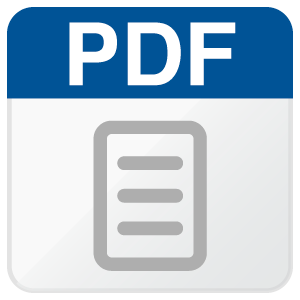Hi everyone,
I'm working with my company on the update of an old radio product based on the CC2400 transceiver to a single MCU solution using the CC2650 in proprietary mode. I have been able to write a receive test program that is able to receive packets from the old radio.
My problem is that the old product uses the 8b\10b line encoding to whiten the data to be transmitted. The encoder is inside the CC2400 and I couldn't find any documentation about the details of how the encoder works. I tried to decode the data using the 8b\10b encoding\decoding specifications from IBM but packet is not correctly decoded.
Disabling the 8b\10b encoding on the old radio allows me to receive the packets correctly, so I'm assuming that there is something in the encoding protocol that is not clear to me.
Does anyone know any details about the CC2400 8b\10b encoder?
Thank you.


